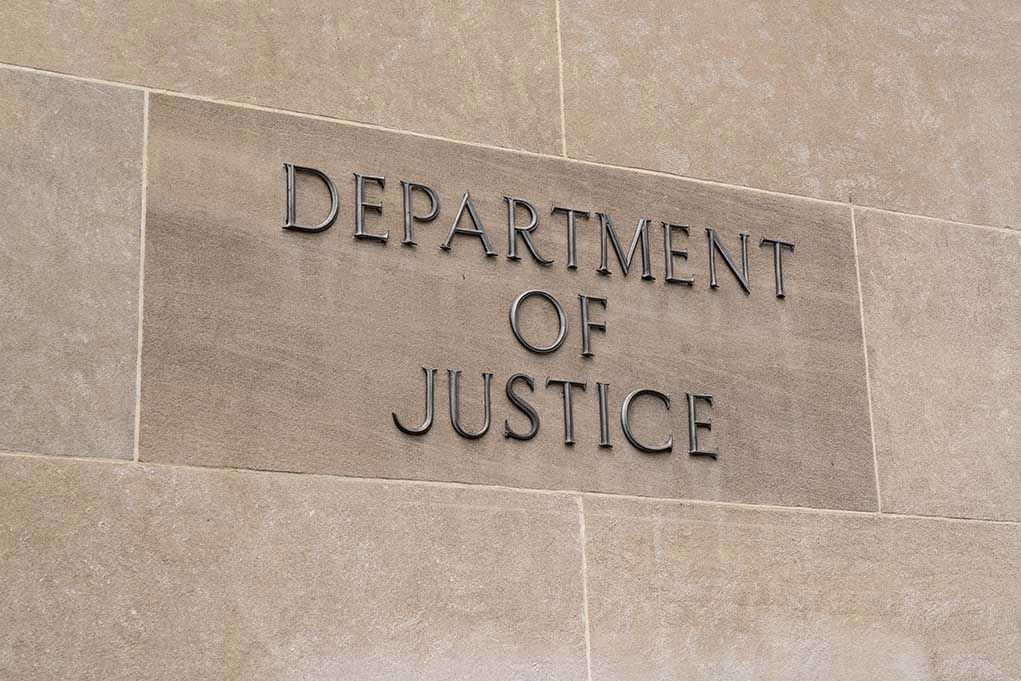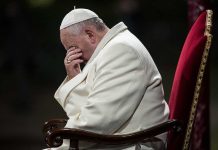
Oyster Bay’s admission of using a fabricated “grandma” as a star witness to block a mosque exposes alarming government overreach and deliberate attacks on religious freedom, raising serious questions about municipal integrity and constitutional rights.
Story Snapshot
- Oyster Bay officials admitted in federal court that their “star witness” was a fictional character created to oppose a mosque’s expansion.
- The town agreed to a $3.95 million settlement and approved the mosque’s expansion plans after the hoax was revealed.
- The Department of Justice intervened, citing violations of religious freedom and federal law.
- This case sets a precedent for federal oversight against local government misconduct targeting minority religious groups.
Fabricated Evidence Used to Block Religious Freedom
Town officials from Oyster Bay, New York, cited a fictional grandmother in an SUV as their main witness in legal filings to justify denying a request by Muslims of Long Island to expand their Bethpage mosque. This so-called witness was used to illustrate supposed traffic hazards, claiming she was trapped by worshippers’ cars. Under oath in July 2025, officials admitted that the grandmother, her SUV, and grandchildren never existed and were an “amalgam” of unrelated complaints. Such deliberate fabrication in official legal proceedings represents a direct assault on the principles of honesty and transparency expected from local government. It also signals a dangerous willingness to undermine the First Amendment’s guarantee of religious freedom for minority groups.
Federal Oversight and Settlement Terms
The Department of Justice joined the legal battle in support of the mosque, arguing that Oyster Bay’s actions likely violated both the First Amendment and the Religious Land Use and Institutionalized Persons Act (RLUIPA). With the exposure of the hoax, the town agreed in August 2025 to pay $3.95 million and approve the mosque’s expansion, demonstrating the consequences of municipal misconduct and the critical role of federal oversight in protecting constitutional rights. Attorneys for the mosque described the town’s behavior as “blatant islamophobia” and “pathetic,” highlighting the broader risk when local governments fabricate evidence to suppress religious minorities. The settlement not only brings financial costs to Oyster Bay but also serves as a warning to other municipalities considering similar tactics.
Impact on Local Governance and National Policy
This scandal has wider implications for municipal accountability and the rights of religious minorities nationwide. Oyster Bay’s misconduct has prompted increased scrutiny of local zoning practices, especially those targeting faith communities. The case demonstrates that federal authorities are willing to intervene when local governments overreach, setting a precedent that may deter future attempts to subvert constitutional protections through dishonest means. For Oyster Bay residents, the $3.95 million settlement means direct financial liability, while the town faces reputational damage that could influence future governance and policy decisions.
The mosque’s legal victory also strengthens protections for religious minorities and underscores the importance of ethical conduct in public office. As the mosque’s expansion moves forward, the outcome marks a significant win for advocates of religious liberty and a clear signal that fabricated evidence will not stand in American courts. The scandal has shifted the focus from alleged traffic concerns to the need for honest, transparent governance rooted in respect for constitutional principles.
Expert Assessments and Broader Lessons
Legal experts emphasize the seriousness of fabricating evidence in official proceedings, noting that such actions threaten both municipal credibility and broader constitutional values. Civil rights advocates cite this case as a stark example of the challenges religious minorities continue to face in exercising their freedoms. Academic commentators suggest that the incident will be studied as a key moment in First Amendment jurisprudence and federal enforcement of religious land use rights. While some local residents may still voice concerns about traffic, these views are now overshadowed by the town’s proven misconduct. The outcome sends a strong message that government overreach and dishonest tactics will be met with decisive legal and financial consequences.
Oyster Bay caves, agrees to pay $3.95M and approve mosque’s plans after ‘fake grandma’ scandal https://t.co/ftDnttrsNs pic.twitter.com/kaG9sDuse0
— New York Post (@nypost) August 21, 2025
Sources:
Long Island town admits grandma used as key witness to block mosque was a hoax
Oyster Bay caves, agrees to pay $3.95M and approve mosque’s plans after ‘fake grandma’ scandal
Instagram post summarizing court admissions, August 21, 2025

















